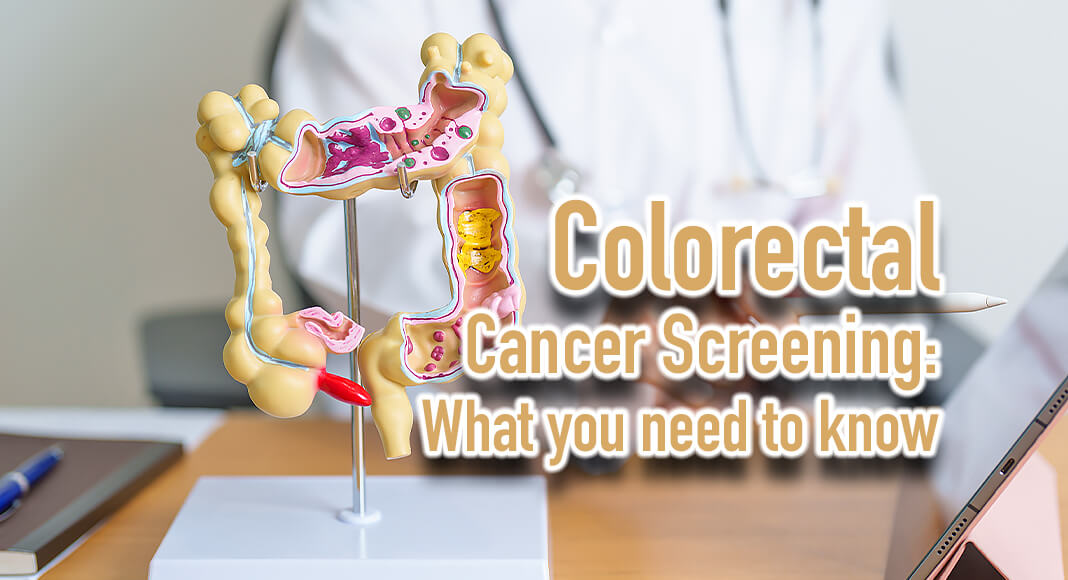
Mega Doctor News
What Is Colorectal Cancer Screening?
A screening test is used to look for a disease when a person doesn’t have symptoms. (When a person has symptoms, diagnostic tests are used to find out the cause of the symptoms.)
Colorectal cancer almost always develops from precancerous polyps (abnormal growths) in the colon or rectum. Screening tests can find precancerous polyps, so that they can be removed before they turn into cancer. Screening tests can also find colorectal cancer early, when treatment works best.
Screening Recommendations
Regular screening, beginning at age 45, is the key to preventing colorectal cancer and finding it early. The U.S. Preventive Services Task Force (Task Force) recommends that adults age 45 to 75 be screened for colorectal cancer. The Task Force recommends that adults age 76 to 85 talk to their doctor about screening.
The Task Force recommends several colorectal cancer screening strategies, including stool tests, flexible sigmoidoscopy, colonoscopy, and CT colonography (virtual colonoscopy). Learn about these screening tests.
When Should I Begin to Get Screened?
Most people should begin screening for colorectal cancer soon after turning 45, then continue getting screened at regular intervals. However, you may need to be tested earlier than 45, or more often than other people, if you have—
- Inflammatory bowel disease such as Crohn’s disease or ulcerative colitis.
- A personal or family history of colorectal cancer or colorectal polyps.
- A genetic syndrome such as familial adenomatous polyposis (FAP) or hereditary non-polyposis colorectal cancer (Lynch syndrome).
If you think you are at increased risk for colorectal cancer, speak with your doctor about—
- When to begin screening.
- Which test is right for you.
- How often to get tested.
Insurance and Medicare Coverage
Colorectal cancer screening tests may be covered by your health insurance policy without a deductible or co-pay. For more information about Medicare coverage, visit www.medicare.gov or call 1-800-MEDICARE (1-800-633-4227). TTY users should call 1 (877) 486-2048. Check with your insurance plan to find out what benefits are covered for colorectal cancer screening.
Information Source: CDC











